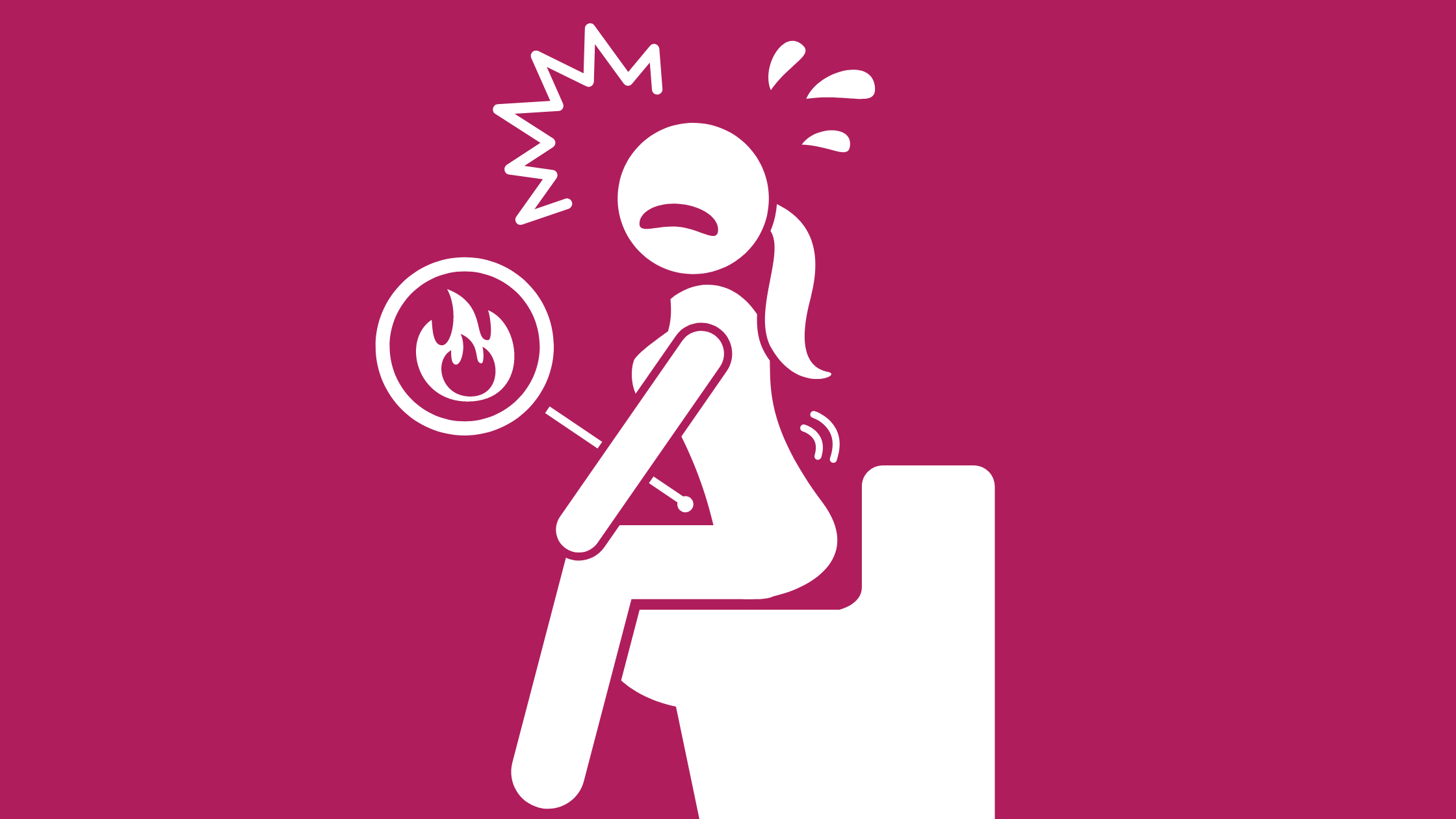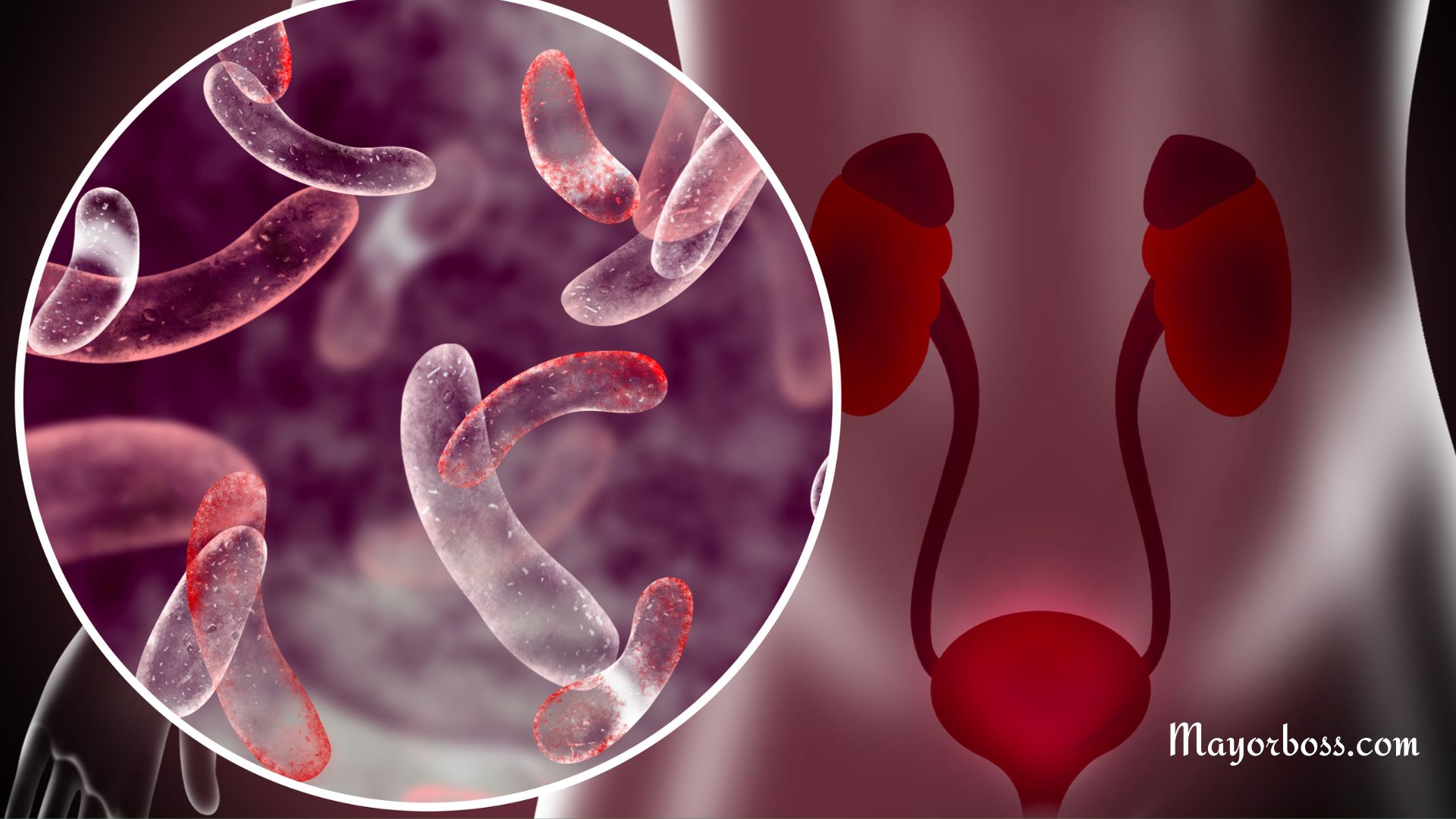Bacterial Vaginosis
Bacterial vaginosis (BV) is one of the most common vaginal conditions experienced by women. Nevertheless, it’s also one of the least understood. To help clarify common misconceptions and provide accurate information, Dr. Anita Iroko, a general practitioner, has addressed some frequently asked questions about bacterial vaginosis.
What is Bacterial Vaginosis?
Bacterial vaginosis is a vaginal condition caused by an overgrowth of bacteria,” explains Dr. Iroko. Normally, there are a variety of ‘good’ bacteria and ‘bad’ bacteria in the vagina. BV occurs when this balance is disrupted, and the ‘bad’ bacteria outnumber the ‘good’ ones.”
What Are the Symptoms of Bacterial Vaginosis?
Common symptoms of BV include:
- Increased vaginal discharge
- Gray or white discharge
- Discharge with a strong, fishy odor, especially after sex
- Vaginal itching or burning
“However, many women with BV don’t experience any symptoms at all,” adds Dr. Iroko.
How is Bacterial Vaginosis Diagnosed?
To diagnose BV, your healthcare provider will typically ask about your medical history and symptoms, perform a pelvic examination, and take a sample of your vaginal discharge for laboratory testing.
How is Bacterial Vaginosis Treated?
Bacterial vaginosis is usually treated with prescribed antibiotics, either in pill form or as a topical gel or cream to apply in your vagina,” says Dr. Iroko. “It’s essential to finish the full course of antibiotics, even if symptoms disappear earlier, to prevent recurrence.”
Can Bacterial Vaginosis Lead to Other Health Problems?
Yes, BV can increase your risk of getting sexually transmitted infections (STIs), including HIV. It can also increase the risk of developing an infection after surgical procedures, and in pregnant women, it may increase the risk of premature delivery.
Can Bacterial Vaginosis Be Prevented?
While it’s not always possible to prevent BV, you can reduce your risk by:
- Avoiding douching, as it disrupts the balance of bacteria in your vagina
- Limiting the number of sex partners
- Using condoms during intercourse
Dr. Iroko notes, “Maintaining a healthy lifestyle and regular check-ups with your healthcare provider can also contribute to overall vaginal health.”
Is Bacterial Vaginosis a Sexually Transmitted Disease?
“Bacterial vaginosis isn’t classified as a sexually transmitted disease,” explains Dr. Iroko. “However, it is associated with an increased number of sexual partners and new sexual partners.”
Can Bacterial Vaginosis Recur?
Yes, unfortunately, BV can recur even after treatment. If this happens, it’s important to consult your healthcare provider for further evaluation and management.
Can Men Get Bacterial Vaginosis?
“No, men can’t get bacterial vaginosis,” states Dr. Iroko. “However, sexual partners of women with BV do not need treatment, as it is not a sexually transmitted disease.”
In a nutshell, it’s important to consult a healthcare provider if you notice changes in your vaginal health.






